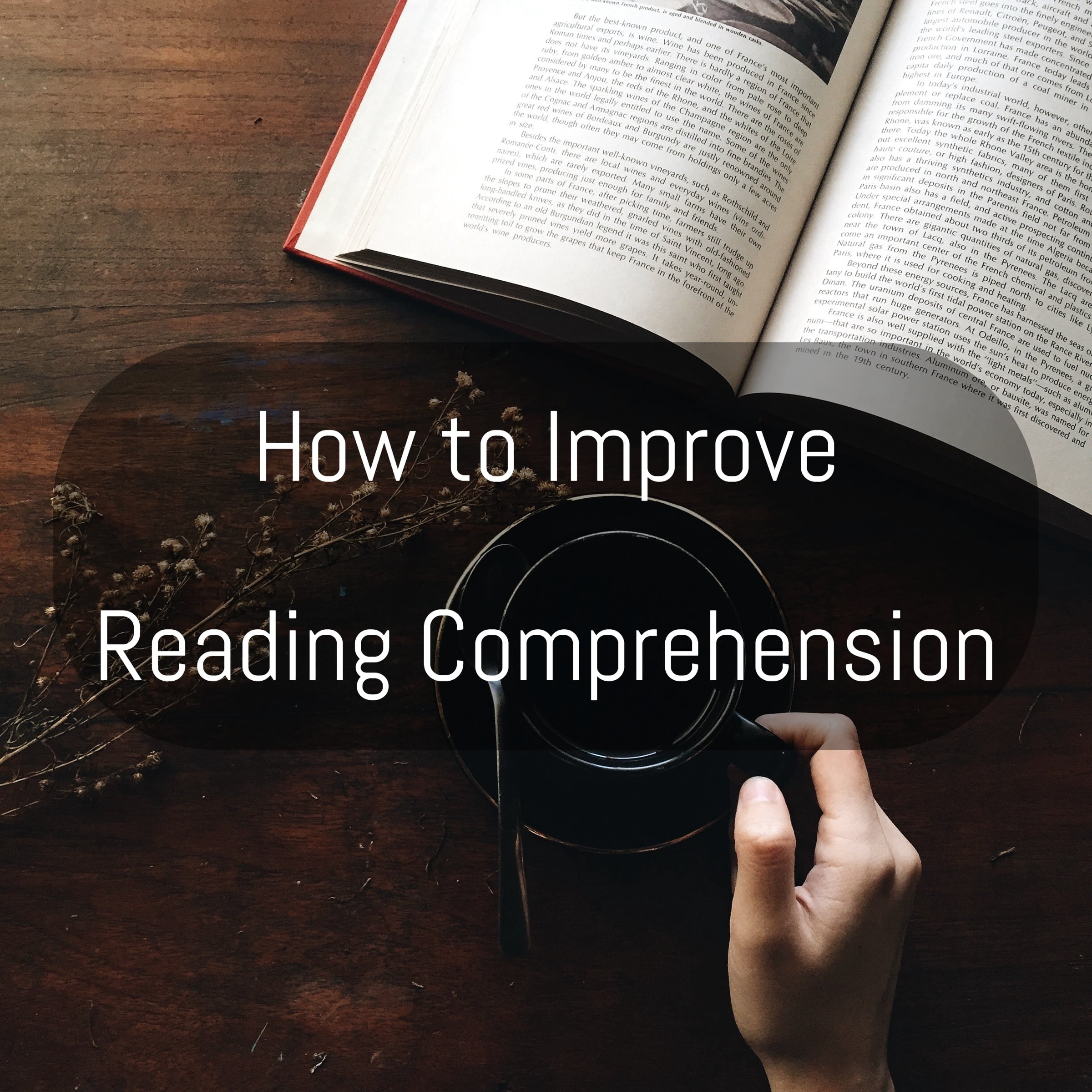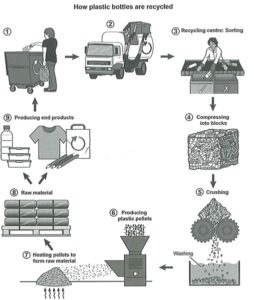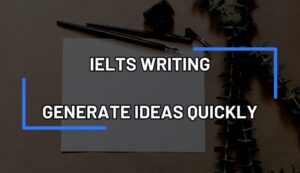Reading comprehension is the ability to fully understand what you are reading. If you are reading an article or a book but can’t comprehend the author’s ideas and words, you need to improve your reading comprehension skills. The following are straightforward steps toward this goal.
Step 1: Improve your vocabulary (decoding).
The first step toward developing better reading comprehension skills is knowing the meaning of unfamiliar words. You must pronounce the words as you read and know their precise meaning based on the context; therefore, you need to Look up unfamiliar words in a good dictionary. Once you have decoded the words, you can move on to the next step.
Question: I’m confused. In the article about skimming and scanning, you wrote that we don’t need to understand the definition of every word. Doesn’t that contradict what you are saying now?
Answer: Each person may have a different purpose when they read a text. Depending on that purpose, you should choose different strategies. For example, when you are reading a passage to find the answers to a set of questions, and you have limited time, you should skim and scan and don’t worry too much about unfamiliar words because you don’t need to know every single word to find the answers. On the other hand, if you are reading a passage to learn something and have as much time as you need, you should slow down and focus on fully understanding the ideas. In short, different purposes, different strategies.
Step 2: Try to understand the relationship between the words and sentences.
Good comprehension requires more than knowing the meaning of words. You need to find out:
- what the author is trying to say;
- what is the main idea of the paragraph; and
- how the supporting sentences and examples clarify the main idea.
Try to paraphrase what you read in your own words to see if you have understood the author’s idea.
Step 3: Evaluate what you have just read.
Every once in a while, stop and think about what you have just read. Ask questions like the ones below:
- Are the ideas reasonable?
- Do I have enough evidence to accept or reject the author’s ideas?
- Can I make any connections between the writer’s ideas and what I already know about the subject?
A good reader or an active reader keeps thinking and questioning while they are reading a text. This is the key to a higher reading comprehension level.
These were the three steps you need to take to improve your reading comprehension. However, if you want to have the best reading experience, follow the tips below:
Pick a suitable location to read.
Being uncomfortable and having many distractors like the TV or the noise coming from the street may break your concentration; as a result, you might find it difficult to understand the text and get frustrated. High reading comprehension requires concentration, and nothing can help you concentrate more than reading in a quiet and cozy place.
Try to get interested in the topic before you start reading.
Remember the last time you spent hours reading articles or posts on the internet trying to find the answer to the question that had got you curious. You didn’t notice the passing of time, did you? That’s because the human brain is designed to find answers to the questions you give it. Before you start reading a passage, take a look at the topic and go through the text quickly to get the big picture. Then ask some questions that you think you can find in the passage. This way, you’ll increase your concentration level.
Read something every day.
Reading, like any other skill, requires repetition to become stronger. Research a topic each day, or read a little of a book to make reading a habit. This will increase your reading speed and comprehension, improve your fluency, and help you improve other skills.
Follow us on YouTube for more tips and resources.







